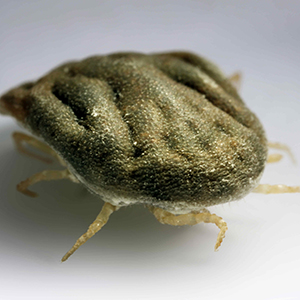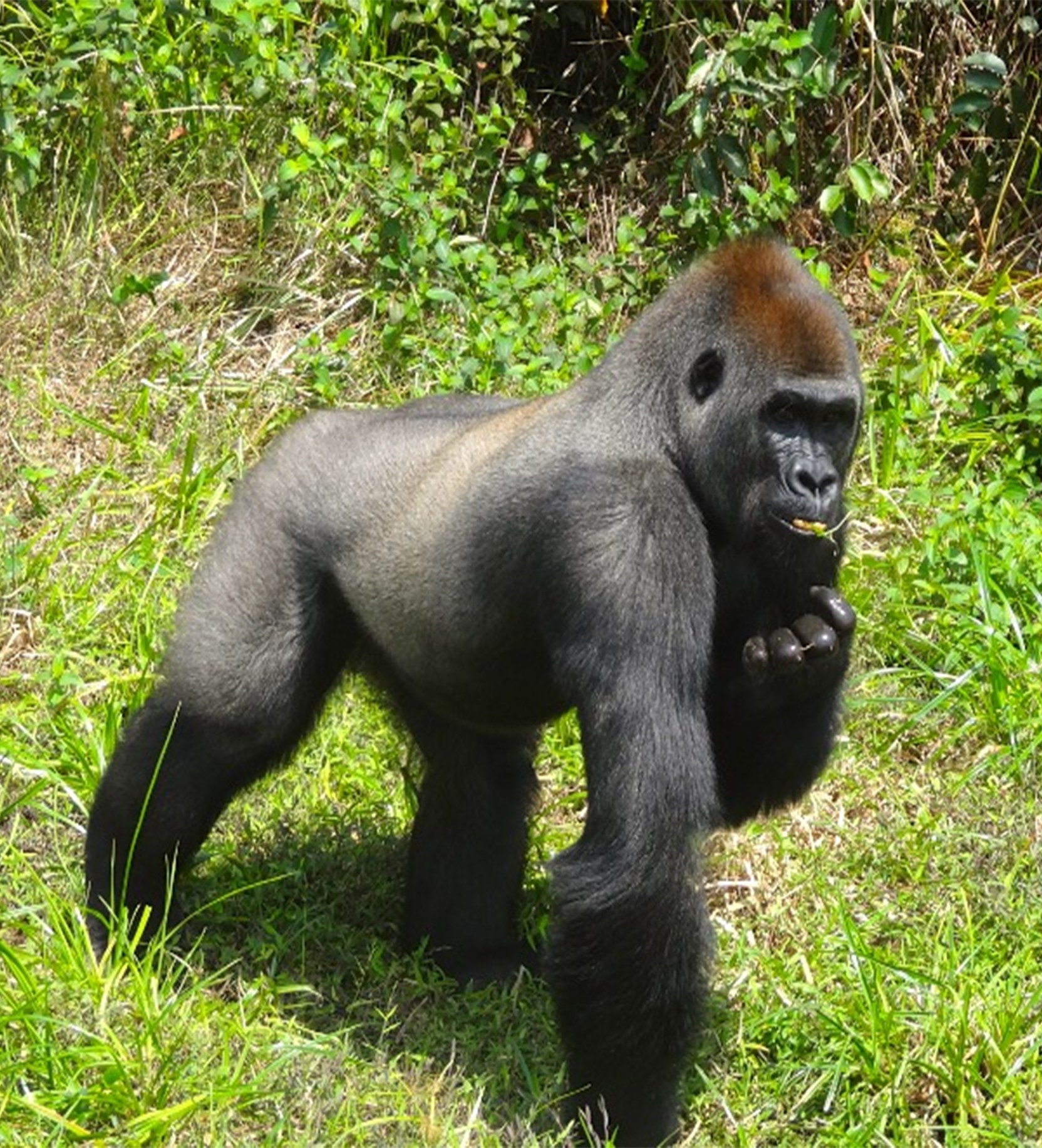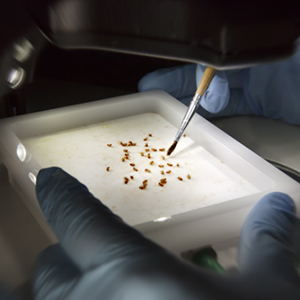Teams (PEEC)
EVCO: Evolution of host-microbe communities Coordinator: Olivier Duron
Coordinator: Olivier DURON

Members:
-
Julien Amoros
-
Amadine Aviles
-
Arnaud Berthomieu
-
Marjorie Bruley
-
Marie Buysse
-
Valentin Chauvin
-
Olivier Duron
-
Noor Fattar
-
Michaël Fontaine
-
Camille Gauliard
-
Claire Loiseau
-
Karen Mccoy
-
Florence Nono almeida
-
Julie Reveillaud
-
Ana Rivero
-
Hans Schrieke
-
Marta SERRA ACACIO
-
Charly Souc
-
Loïc Talignani
-
Blandine Trouche
Context:
Context: The research carried out by the EVCO team primarily focuses on the ecological and evolutionary processes that underlie host-microbe interactions in communities.
Objectives:
By using different biological systems and combining various levels of biological complexity, we address a set of central questions:
- What are the evolutionary driving forces that influence host-microbe interactions, including the continuum between host-parasite and host-mutualist interactions?
- Does cooperation/competition between microbes determine the structure of intra-host microbial communities?
- Do these constraints involve genetic x genetic interactions and/or genetic x genetic x environment interactions?
- How does host-level adaptation of a parasite or vector impact the microbial community?
- How do external environmental stresses (resources, temperature, etc.) alter these interactions ?
HEAT: Health, Emergence, Adaptation, and Transmission
Coordinators: Audrey ARNAL

Members:
Issues:
Emerging infectious diseases represent a major challenge for global public health. Understanding the dynamics and transmission routes of these diseases, as well as their surveillance, is essential for preventing and controlling potential future health threats. The HEAT team, composed of IRD and CNRS members, develops integrated and innovative research in West Africa, Southern Africa, and Latin America to address the health, environmental, and societal challenges associated with emerging infectious diseases. The team’s common goal is to provide scientific insights that will enable the development of sustainable public health prevention and control strategies.
Objectives:
Using different biological systems in varied geographical contexts, we address a set of common objectives:
- Characterize epidemiological dynamics through serological and virological monitoring.
- Assess zoonotic and environmental risks by integrating ecological and social factors.
- Identify types of human/animal interfaces.
- Develop integrated surveillance systems for wildlife, domestic animals, and the environment.
- Reduce the risks of emerging diseases.
- Improve infectious disease control and vaccination strategies.
7. Evaluate the impact of health programs on populations.
CREEC: Centre for Ecological and Evolutionary Cancer Research
Coordinator: Fréderic THOMAS

Members:
Context:
It is increasingly understood that all types of cancer research can be viewed from the perspective of evolutionary ecology. While theories surrounding cancer initiation and progression are deeply rooted in the concepts of evolution and ecology, many promising opportunities for the application of evolutionary biology to carcinogenesis and oncology remain unexplored. Although cancer is a disease that affects most species of metazoans, its influence on the way ecosystems work is currently unknown. CREEC and its international extension (International Associated Laboratory on the Roles of Cancer in Ecology and Evolution) are open to all fields of research on cancer, and constitute a platform for exchanges and privileged collaborations between national and international specialists in a number of disciplines (mathematics, cell biology, evolutionary biology, and clinical research).
Objectives:
- To improve our understanding of the origin and evolution of cancer since the dawn of multicellularity and to determine how this disease interferes with the biotic interactions that govern ecosystems (competition, predation, parasitism).
- To understand the defenses developed by certain species of vertebrates to limit the initiation and progression of oncogenic processes.
- To apply evolutionary principles to help predict emergence and metastatic progression with the goal of improving therapies.
- To demonstrate to the medical community the relevance of these complementary studies with respect to more traditional approaches.
